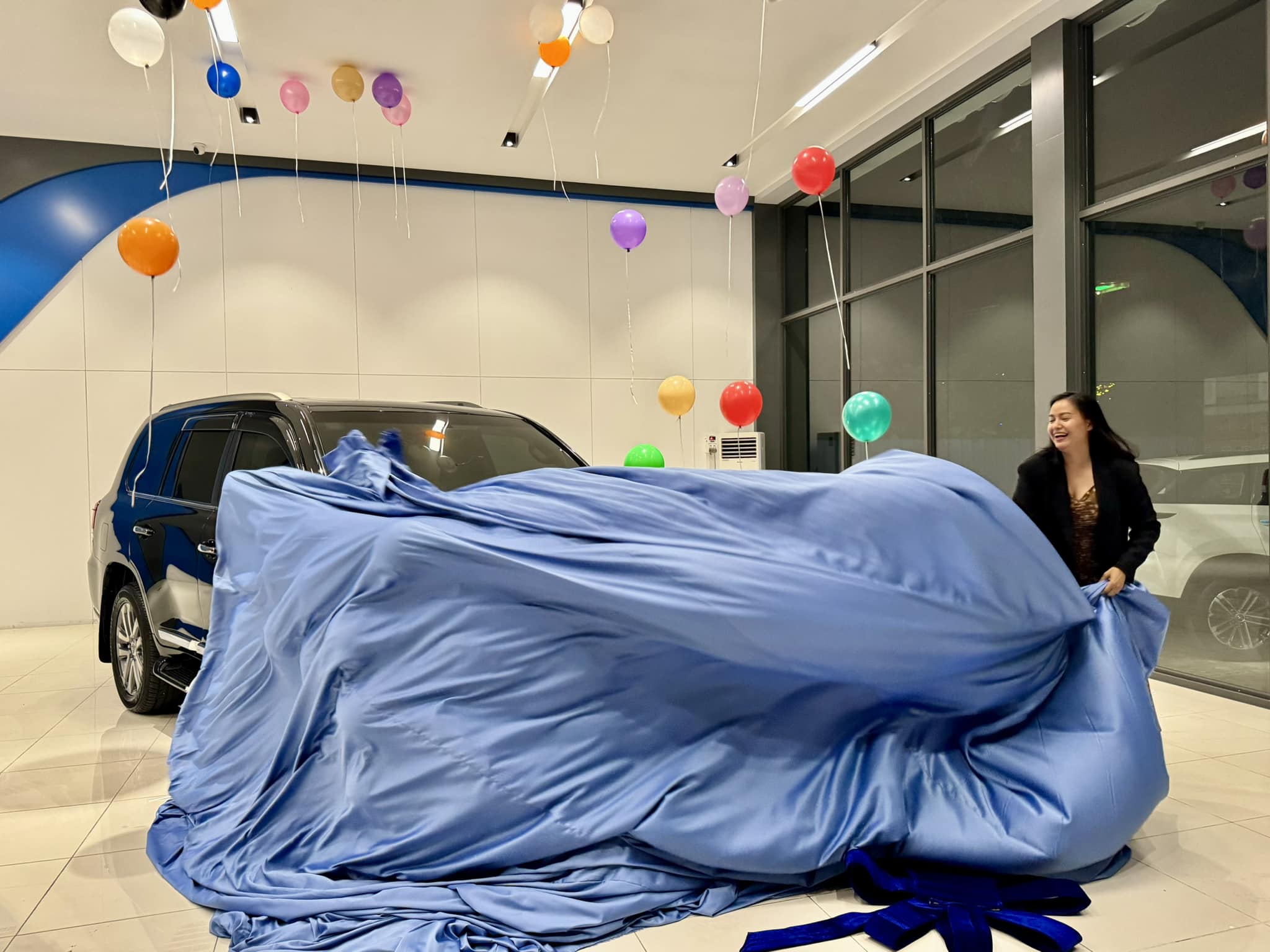











In a world where technology continuously evolves, the future of personal robotics seems boundless. Imagine having a robotic companion at home, powered by artificial intelligence (AI), catering to your needs and providing companionship. This futuristic vision is not as far-fetched as it may seem. With advancements in AI and robotics, the concept of AI-powered companions at home is becoming increasingly feasible. Let’s explore the potential of this emerging trend and how it could revolutionize our daily lives.
Enhancing Quality of Life with Personal Robotics
Redefining Home Dynamics
The integration of AI-powered companions into households has the potential to redefine traditional home dynamics. These robots are not mere machines but sophisticated entities capable of understanding human emotions and responding accordingly. They can assist with household chores, provide entertainment, and even offer emotional support to their human counterparts. As a result, the concept of family dynamics may evolve to include robotic members, blurring the lines between human and machine interaction.
Improving Daily Efficiency
One of the primary benefits of AI-powered companions at home is their ability to improve daily efficiency. These robots can take over repetitive tasks, allowing humans to focus on more meaningful activities. From vacuuming floors to organizing schedules, they can streamline household operations, saving time and energy for their human companions. Additionally, with their ability to learn and adapt, these robots can become more efficient over time, further enhancing their utility in the home environment.
Promoting Independent Living
For individuals with disabilities or the elderly, AI-powered companions offer a means of promoting independent living. These robots can provide assistance with daily tasks such as medication reminders, mobility support, and emergency assistance. By empowering individuals to live autonomously, these companions contribute to a higher quality of life and increased self-confidence. Moreover, they offer peace of mind to family members and caregivers, knowing that their loved ones have reliable support at home.
Challenges and Considerations
Ethical Implications
As with any emerging technology, the integration of AI-powered companions into homes raises ethical concerns. One such concern is the potential for dependency on these robots, leading to a decline in human-to-human interaction. While these companions can provide valuable support, they should not replace genuine human connections. It is essential to strike a balance between the convenience of robotic assistance and the importance of interpersonal relationships.
Privacy and Security Risks
Another significant consideration is the privacy and security risks associated with personal robotics. AI-powered companions collect vast amounts of data about their users, ranging from personal preferences to behavioral patterns. This data could be vulnerable to hacking or misuse if proper safeguards are not in place. Additionally, there is the risk of invasive surveillance if these robots are equipped with cameras or microphones. Manufacturers must prioritize robust privacy measures to protect users’ sensitive information.
Technological Limitations
Despite their potential, AI-powered companions are not without technological limitations. Current models may struggle with complex tasks or fail to understand nuanced human emotions accurately. Furthermore, their physical capabilities may be limited, hindering their ability to perform certain tasks effectively. As technology continues to advance, these limitations may diminish, but it is essential to temper expectations and acknowledge the current state of personal robotics.
The Road Ahead: Opportunities and Innovations
Advancements in AI and Robotics
The future of personal robotics holds exciting possibilities, driven by advancements in AI and robotics. As AI algorithms become more sophisticated and robotics hardware more advanced, the capabilities of AI-powered companions will continue to expand. These robots will become more intuitive, responsive, and adaptive, further integrating into the fabric of everyday life. From personalized healthcare assistance to immersive entertainment experiences, the potential applications of personal robotics are vast.
Customization and Personalization
Personal robotics will also undergo a shift towards greater customization and personalization. Just as smartphones are tailored to individual preferences, AI-powered companions will adapt to the unique needs and preferences of their users. Whether it’s adjusting their personality traits or fine-tuning their functionality, these robots will strive to create personalized experiences for their human companions. This level of customization will foster deeper emotional connections and enhance the overall user experience.
Human-Robot Collaboration
In the future, personal robotics will not replace humans but rather complement their capabilities through collaboration. These robots will serve as partners in various aspects of life, whether it’s assisting with work tasks, providing creative inspiration, or simply offering companionship. Human-robot collaboration will become increasingly seamless, blurring the boundaries between man and machine. By leveraging the strengths of both humans and robots, we can unlock new opportunities for innovation and productivity.
The future of personal robotics is filled with promise, offering the potential to revolutionize our daily lives. AI-powered companions at home represent a convergence of cutting-edge technology and human-centric design, providing assistance, companionship, and convenience. While there are challenges and considerations to address, the opportunities for advancement and innovation are boundless. As we embark on this journey towards a future where humans and robots coexist harmoniously, it is essential to approach personal robotics with careful consideration and ethical awareness. Together, we can harness the power of technology to create a more connected, efficient, and fulfilling way of life.